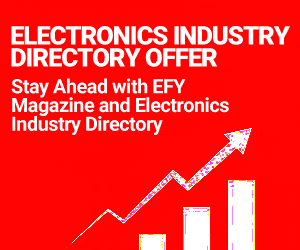Blockchain is gradually becoming a vital part of our infrastructure, like the Internet. It will help empower all organisations and developers to build global solutions embracing blockchain technology towards a better future and a more connected world.
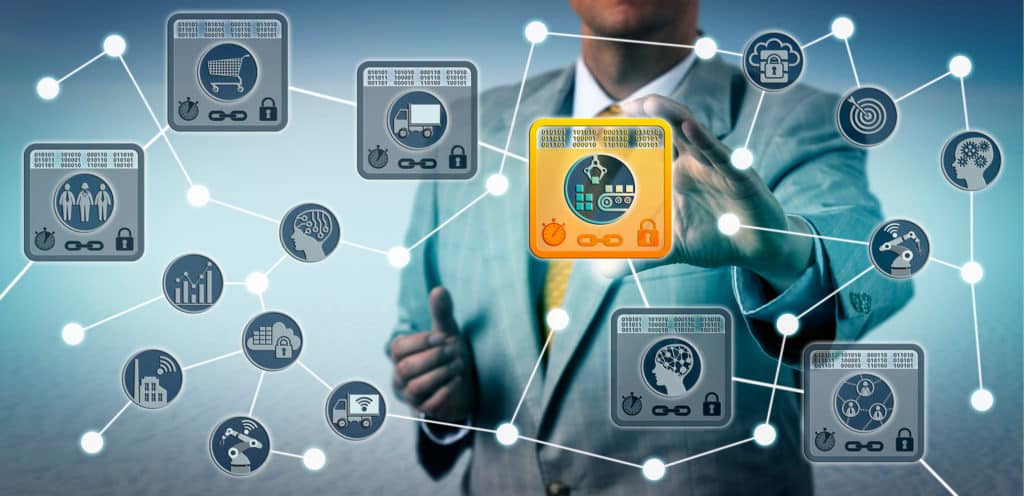
Blockchain technology will create interoperable systems that deliver the highest degrees of trust, transparency and security to the industry. It offers unprecedented opportunities to transform banking, finance, retail and insurance. Advantages of blockchain technology are increasing exponentially with increased collaboration to realise real business benefits.
Blockchain technology will enable transactional transparency and enhanced security across a variety of business functions. Other major advantages are improved traceability, increased efficiency and speed, and reduced cost. It will also be present at the core of business innovation in many industries such as medical, energy, automobiles and agriculture. Blockchain adoption will depend on regulatory concerns, which are being addressed. The government and regulators will play an active role in making this happen.
High transaction speeds, low latency, inbuilt privacy and smart contracts on a public blockchain provide flexibility issuance, redemption and tradability of enterprise currencies. Target applications are in industries ranging from financial services like insurance, bank rewards to commercial businesses such as gift cards, loyalty points, etc. Blockchain technology will be efficiently used for making payments and trading digital assets for enterprises on a public ledger, maintaining privacy.
As per MindTree’s latest report titled “Tech Beacon 2019,” seven technology categories will drive enterprises’ technology strategy in the next twelve months, including application development, cloud computing, the Internet of Things (IoT), artificial intelligence (AI), conversational apps, blockchain and extended reality (XR).
Improvements in customer experiences
Digital currency-based payments for the airline industry will enable airlines to refund and compensate passengers in a timely manner when a disruption occurs. Passengers can be notified of a delay or cancellation and refunded in digital currency, which can be used to repurchase airline tickets, book hotels, and avail other airport and travel-related services.
In addition to this, passengers can use the currency at retail stores in and around the airport to avail attractive discounts offered by retail partners. This will help airline operators to optimise costs through the reduction of administrative overheads with quicker payments and settlements.
Nitesh Jain, vice president and global head – travel, hospitality and public sector vertical, Consumer Business Unit, Wipro Ltd, says, “Solutions in the areas of AI, blockchain, cloud, cybersecurity and the IoT have helped leading travel and hospitality companies become truly digital, with improved end customer experience and enhanced operational efficiencies.”
A blockchain solution for dentistry has been established by a partnership with the premier Indian dental portal and renowned awards called BITEIN. Dr Ajay Kakar, BITEIN’s founder, is helping Jeremias Grenzebach, co-founder and core developer at Dentacoin, to cater to dental professionals worldwide by aggregating a comprehensive offering, consisting of a news portal, dental research e-journal, online shop and auctions, dental business directory and last, but certainly not the least, a full-stack dental software solution.
Its goal is to provide a platform for local dentists to display their works, and contribute to the improvement of current dental techniques, treatments, systems and applications. This helps increase supply chain efficiency, facilitate innovative payments, strengthen relations between all market participants and make preventive dental care affordable.
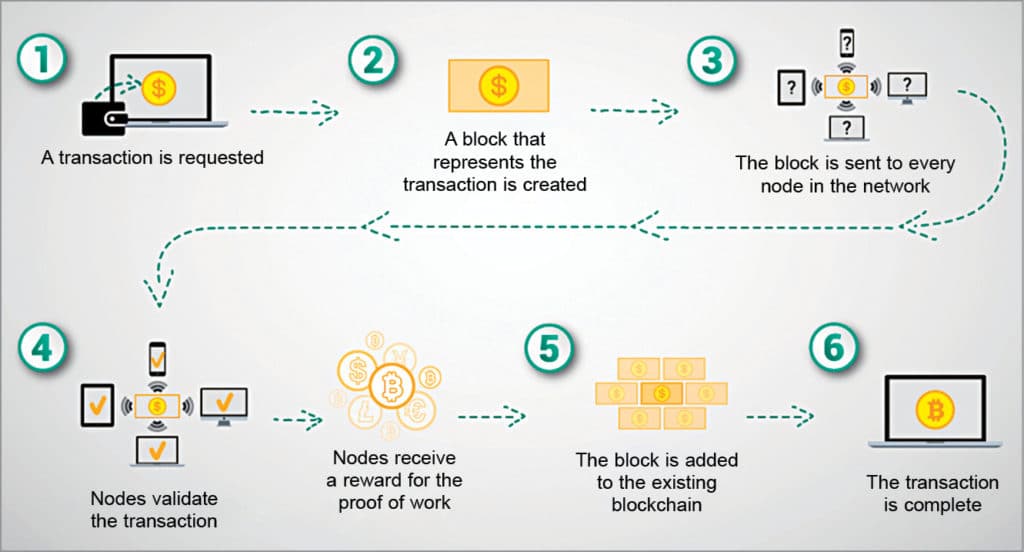
Business opportunities
Blockchain technology can transform today’s inequitable music industry. Z-POP Dream is one such example to establish a global entertainment ecosystem to better discover hidden pop music talents using blockchain to accelerate a new star’s rise to stardom and to create a global token economy for the global music market. This type of business model will focus on two key components. One, proceeds from the initial token offering (ITO) will be used to create infrastructure for this star-creation business. Two, it will create a global online monetisation platform, which will tokenise revenue opportunities generated by the star-creation business, including concert tickets, merchandise, online content and admission to exclusive events. A combination of these two elements will help unite a broader audience and artists to create a bigger community.
Arijit Biswas, co-founder, EnrichAI, says, “In the technology space, we are hoping that the government will make investments in training and seminars on AI and the IoT for senior management of all leading industries in healthcare, energy, automobiles and agricultural sectors along with framing a Unified National Policy to boost blockchain innovation.
“We also expect financial incentives such as preferential tax rates and tax holidays to be provided to companies relocating from China. This would help businesses conduct themselves in a composed manner even after relocating.
“We expect the government to urge public sector undertakings to commit funds for indigenous startups to foster, nurture and incubate new ideas related to their respective sectors.”
“Blockchain technology can be used to combat the issue of spam calls and fraud risks, to protect user information as well as the integrity of the telecom sector,” adds Rajesh Dhuddu, global practice leader- blockchain, Tech Mahindra.
Potential of blockchain technologies
Food loss will diminish greatly, and the produce that ends up in consumers’ carts will be fresher when blockchain technology, IoT devices and AI algorithms will be implemented together. Food supply chains from farmers to grocery suppliers will improve as each participant in the supply chain will know exactly how much to plant, order and ship.
Biometrics-based data enhances a multitude of health services using blockchain technology. Core services of the programme include training for medical professionals, better patient records and communication, and a greater ability to track a mother’s progress during pregnancy. Blockchain technology ensures that these services are delivered efficiently and cost-effectively, beginning with digital medical records to digital transfer of supporting health documents and integration with other health programmes. Overall communication between patients and medical institutions will create a value transfer platform that can be used to receive medicine.
Blockchain-based payment service providers are developing an open platform to enable blockchain developers and businesses to list digital tokens within XPOS, XWallet and XPASS. Zac Cheah, co-founder and chief executive officer, Pundi X, explains, “XPASS card can be considered as a physical crypto wallet that allows customers to top up and use their digital assets easily. Through XWallet, users can easily manage their digital assets, check current balances or top up the supported digital assets in XWallet. By default, all registered XWallet users will have their own virtual XPASS card in the app.”
Digital transactions require secure yet user-friendly solutions. This needs blockchain applications where user credentials are one of the most critical security aspects of the system. NFC smart cards based on a security controller help blockchain system designers to easily integrate hardware-based security and quickly develop prototypes. Security tokens allow users to securely generate their unique public and private key pairs, authenticate with PIN, and sign their data and digital transactions. User credentials stored in the security controller are protected from remote attacks. These attacks can be on software, micro-architecture or physical in case the token is stolen or lost.
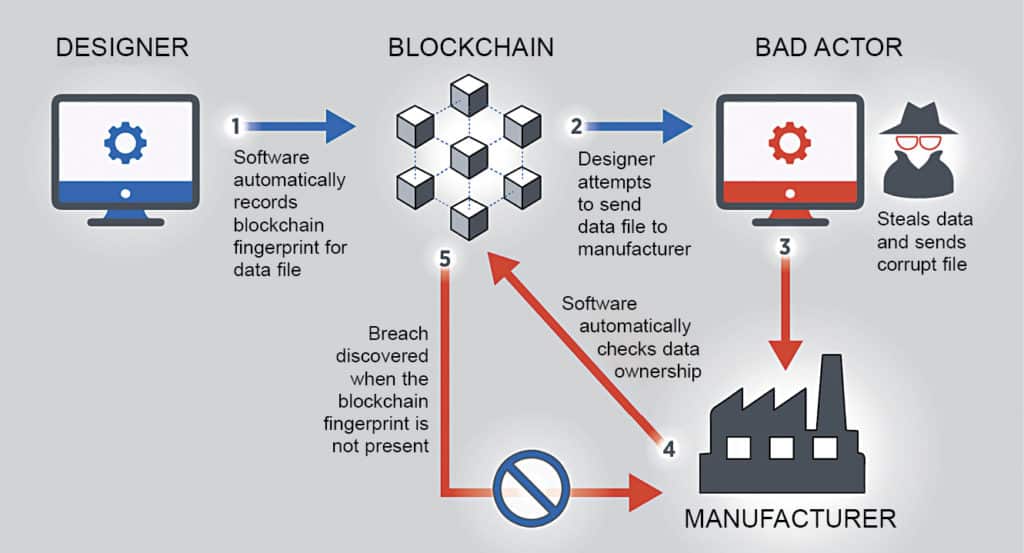
Using blockchain technology to record an infected person’s information on a distributed ledger can allow access to stakeholders in different countries. A centralised system to upload infection and infected party-related data is the fastest and most efficient way of reporting it, within and across the border. But security is a major concern for any healthcare data, especially when it is about an individual who is infected by a communicable disease. Blockchain technology, with built-in security, will be able to address these concerns with required confidentiality.
Challenges
A blockchain is a decentralised digital ledger system of data in the form of a chain of blocks that are cryptographically linked to the previous one. Though convenient, storing blockchain user credentials on a computer or cellphone can be extremely risky—an attacker may identify and read sensitive information such as the highly confidential private key of the user. Similarly, if a user forgets or loses the credentials, usage of the assets is lost, as credentials, typically, cannot be centrally-restored.
A public blockchain cannot be anonymised and/or structurally deleted from the shared ledger. Therefore the business will be unable to resolve its needs to keep records with its obligations to comply with privacy laws. So, any business operating using a public blockchain must maintain a copy of the entire blockchain. To increase access security, token-based hardware security must be integrated into the application that can protect from software and physical attacks alike.
Future development areas
The regulatory and policymaking bodies have started to support and promote Blockchain growth both in India and globally. Telangana government has launched Blockchain District in India to create a global talent hub that can unlock the value of blockchain technology in democratising data and solving big-scale problems. This is also a huge step in reskilling and right-skilling the workforce of the future towards making India the blockchain capital of the world.
The Indian government has realised the potential applicability of blockchain technology to several use cases such as land registry, education and health records, and supply chain management. Education is the first step towards educating aspiring talents to develop on blockchain and drive the adoption of the ecosystem. Academies like EMURGO will be established to train developers and create blockchain experts to expand the usage of blockchain technology.
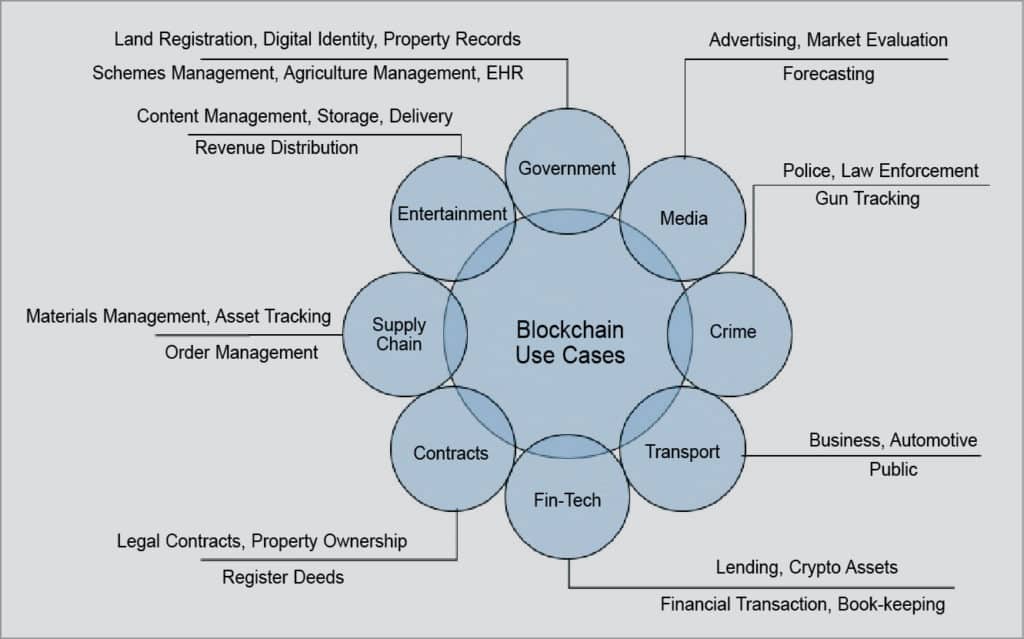
Blockchain is gradually becoming a vital part of our infrastructure, like the Internet. It will help empower all organisations and developers to build global solutions embracing blockchain technology towards a better future and a more connected world.






